I just noticed I fucked up on my title. I spent so much time writing this, that I didn't check the title when posting. It's supposed to be "Ethereum is the one lane highway right now, but it will be expanded!" If any of the mods could edit that, it would be appreciated.
The One Lane Ethereum Highway
I've seen a lot of users talk recently about gas fees that are ridiculously expensive and keeping them out of Defi and all the other Dapps that exist in the ethereum ecosystem. Let me just start by saying, I understand and feel your pain. I've been in the space since 2017 and had tons of time to play and experiment with smart contracts when they were new and cheap, including some of the first DEXs like etherDelta/forkDelta. When I was using those primitive smart contract systems or claiming my first Gods Unchained cards, the future that we currently live in with hundreds of thousands of people trying to use ethereum seemed at least 10 years away. But here we are now 3-5 years later, and tons of people are trying to use Ethereum which is great, but gas fees are not.
I think it's important to mention this stuff because in this metaphor I'm about to use Ethereum is sort of like a highway system. A highway system that is really really popular and has has tons of cities (dapps) springing up around it! This is what is causing the problem with our current gas fees and prices.
If we continue with this sort of metaphor in explaining the gas fees, you could imagine that Ethereum is actually only a one lane highway, that allows 12-15 cars at a time, built on top of infrastructure that needs to be updated. We cannot go fast or reliably get everyone to where they want to go unless we update this infrastructure, expand the amount of lanes, allow more cars onto the highway, and then build a carpooling system that allows everyone to split the gas.
Lucky for us these things are all being done right now! It's just going to take time. To go a little deeper, let me continue on with this metaphor so that we can talk about each piece inside of the system.
Infrastructure
The low level infrastructure that holds up the highway is our consensus tool that we use, Proof of Work. The builders know that in the long run, we can finding a better stronger system that has a lower point of entry and is energy efficient by implementing Proof of Stake. This is currently being worked on now and is ultra delicate because our consensus it's what holds up the entire network currently. Since people are using the highway right now, if our consensus fails, everything goes to zero. Or in the language of the metaphor, the highway falls and the cities stop working.
Lanes
Once the infrastructure has been built, the next thing to do is expand the number of lanes. In Ethereum that means sharding. Each lane (shard) on Ethereum is essentially a new blockchain, and each of these lanes is built on top of the Proof of Stake infrastructure (this coordinates all lanes to make sure they're going the same direction). The current plan last time I checked is to add 1024 lanes (shards) that are all capable of 10-15 cars (transactions) per second. If you do the math, in this new multi-lane highway, we're now going from a capacity of 10 to 15 cars (transactions) per second to a capacity of somewhere between 10,000 and 15,000 cars per second.
Capacity Problem
Wowzers! We just multiplied our transactional capacity by an insane amount! This is great, but now we have another problem, each of the cars (transactions) per lane on the highway can only facilitate one person at a time. This might be okay for a small town or city, but we're trying to build the highway for the world people! If everyone is trying to hop in a car to get where they're going, demand is going to soar and gas/rider prices are going to go up! That is bad. It is currently what's happening in our singular chain system and will also happen in a sharded system when enough people enter the space.
Carpooling
We fix this and improve the capcity of each car (transactions) by carpooling. In Ethereum, this means layer 2 (optimistic rollups/zkRollups). Essentially a zkRollup batches together a lot of riders (users and their transactions) so that they can hop in the car together and split the gas cost. These systems don't only allow 2-3 persons per car though. They provide thousands of seats per car (optimistic rollups), and the really fancy ones provide tens of thousands of seats (zkRollups). While each car (transaction) in the lanes may still be paying a high gas/rider fee, the cost is split proportionally by all the riders in the car. So hypothetically if one car pays a gas fee of $150 for using the lane, when it's split by by 10k riders per car, we're looking at a .01c cost per rider and this cost goes down as more people carpool. My numbers may be slightly off here on the transactional scaling capacity, but this is the general idea. There's a lot more nuance to how optimistic/zkRollups batch transactions, but from my understanding and looking at the chart from Vitaliks post on Rollups he mentions a max scalability gain of x570 per batch at peak performance.
Overview and our ability to carpool now!
Today, we have the One Lane Ethereum Highway with thousands of users trying to fight over who gets to ride in the car. We have a long way to go if we want to build the Ethereum super highway, but the good news is that right now, some people are already carpooling via platforms like Optimism, Arbitrum, Loopring etc. Even though the carpool system (layer2) is not yet easy and seamless now we can to teach people how to use it as we slowly make it more intuitive/easy. With the proper systems, carpooling (layer2) will be the standard. With these temporary gains upfront via layer 2, we can ease the passenger burden temporarily until we manage to overhaul the main infrastructure. Once all of the infrastructure has been built, everyone will already know how to carpool, and we begin our life on the Ethereum superhighway and change the world.
Conclusion
Life right now on the One Lane Ethereum Highway is hard. But the future is bright, and the important thing is that people want to use the highway! I think its easy to get caught up on the gas fees and look for short term solutions with other chains, but the process of building the Super Highway is slow because it is delicate (due to the value it secures) and because it is being built in a decentralized fashion. This is a collective effort, not a centralized effort. We have all sorts of teams grinding away day after day to build the proof of stake infrastructure system. Once they finish there, they're going to start on expanding the number of lanes. Simultaneously, we have teams working tirelessly on the carpooling solution, like Optimism, Arbitrum, and Loopring.
We will get there, but it will take time. If we want Ethereum to change the world and bring equality and power to the people, it needs to be done right, not fast. Fast is the enemy of a good product. 3-5 years for these scaling solutions may seem a long way away, but that's what I thought in 2018 in regards to the onboarding of users. Before you know it, Layer 2 will be here. Then Proof of Stake will be here, then Sharding will be here. Once those things happen, the Web2 world as we know it of centralized communities, finance, potentially governance will collapse and give way to a more democratic, emergent and egalitarian system.
Our ability to coordinate using DAOs, and decentralized consensus could be the tool that in my mind unlocks the true cooperative potential of the human race. No longer will we be bound by Governing and Corporate structures. We will live in a highly emergent society with overlapping communities that self govern and build. Data can be recaptured and monetized by the users that generate it. A constantly evolving society that incentivizes collective action and positive growth is something that could I believe grows from true and decentralized society. That is how we change the world.
Final Thoughts
With our charge into the future of Web3, it is important to think about and discuss about how we can build a better world for all of us. Discussion and education is critical to onboarding the mass of users and convincing them that the world could be better with a system like Ethereum. That is my goal here. I may not be right on all of the technicalities of building the Ethereum Super Highway , but from my understanding, this is what it looks like. That being said, if anyone wants to chip in their thoughts on where this metaphor might be incorrect, please let me know and I can update this post.
For all other laymans, ask questions, get involved, try new systems, especially Layer 2 solutions! We are only as strong as our collective ability to discuss these problems, and address them. I believe we have that capability and Ethereum will only enable us to strengthen that collective trait.
Edit - I think its important to clarify, that Layer 1 as an expensive layer for transacting will always be the case. This expense is what promises the security of the network.
Further Reading
If you're interested in some primers on Ethereum 2.0 Technicals I recommend you check out these posts by Vitalik.
Why sharding is great: demystifying the technical properties
An Incomplete Guide to Rollups
For a deeper dive into the future of human coordination and some new innovative ways we can merge existing philosophical ideas into a whole new ideas altogether, I recommend the book Radical Markets. I found it via Vitaliks reccomendation on twitter and it blew my mind. It's not directly affiliated with Ethereum or the cryptosphere, but the insights have left me in a state of awe since I've read it. Some of the ideas in this book may be great starting points for us as a society to experiment with. I imagine one day, we will be able to patch society in the same way we patch software. By slowly doing small experiments and working out the bugs and scaling up with the success. If you want some more surface level stuff in regards to these ideas you can also check out their website.
RadicalXChange
TLDR: Ethereum is about to get supercharged over the next few years and will onboard the entire world into it's ecosystem revolutionizing the internet and taking us to Web3. Read everything for specifics.
Notes:
- I'm no programmer, or technical genius. I've just read a lot of material since 2017 and learned very basically how to program servers with SQL/PHP/HTML/CSS so that I understood the general idea of the current web-stack. This helped me understand the problems that ethereum is trying to solve and see the big picture. If having a deep understanding of what Ethereum does interests you, I recommend learning how the current web stack works so that you can digest Ethereum much easier. None of this stuff is easy and is in constant flux.
- For anyone who is smarter than myself, and wants to correct any errors in my metaphor, please do. My goal here is not to misrepresent, but simplify the current state of Ethereum so the general user can understand.
- Ignore my typos, I started this post and thought it would be maybe two paragraphs. Now here we are and I've made an entire notes section dedicated to posts.
- Care less about the price point of Ethereum and care more about changing the world.
- Please discuss! Discussion is critical to our collective decentralized future!
[link] [comments]

You can get bonuses upto $100 FREE BONUS when you:
💰 Install these recommended apps:
💲 SocialGood - 100% Crypto Back on Everyday Shopping
💲 xPortal - The DeFi For The Next Billion
💲 CryptoTab Browser - Lightweight, fast, and ready to mine!
💰 Register on these recommended exchanges:
🟡 Binance🟡 Bitfinex🟡 Bitmart🟡 Bittrex🟡 Bitget
🟡 CoinEx🟡 Crypto.com🟡 Gate.io🟡 Huobi🟡 Kucoin.

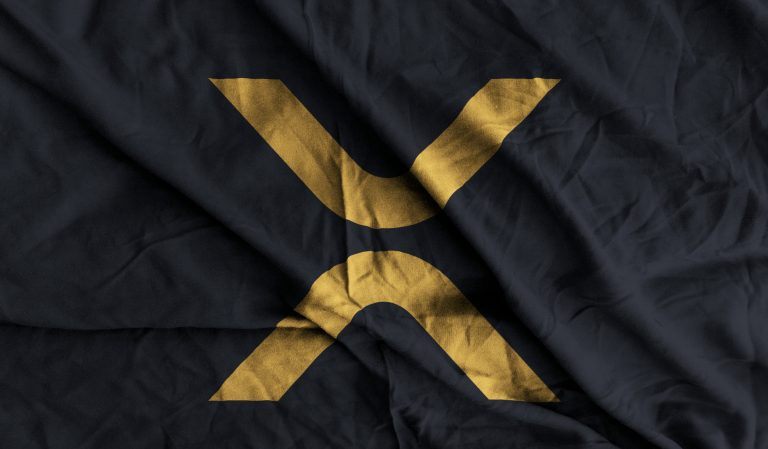
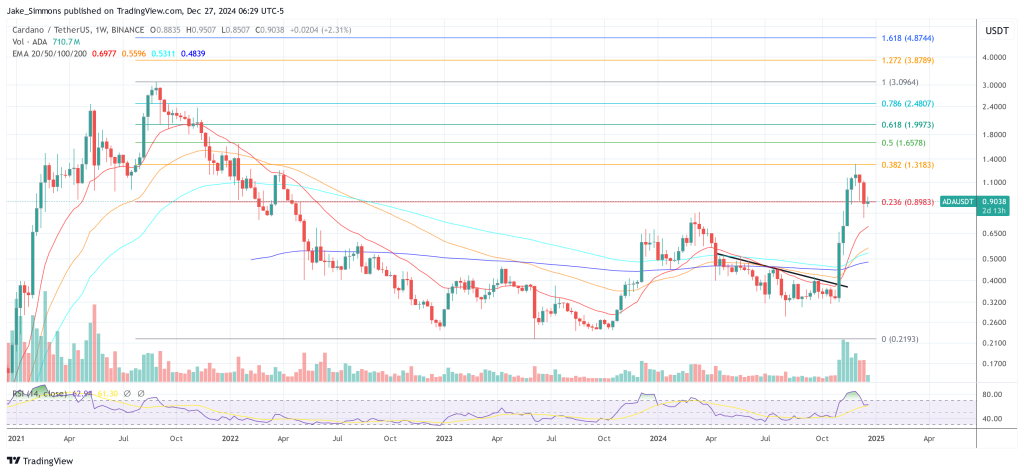


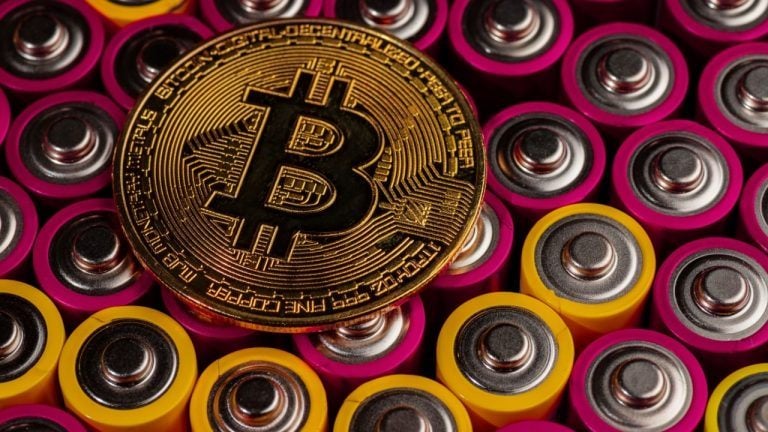






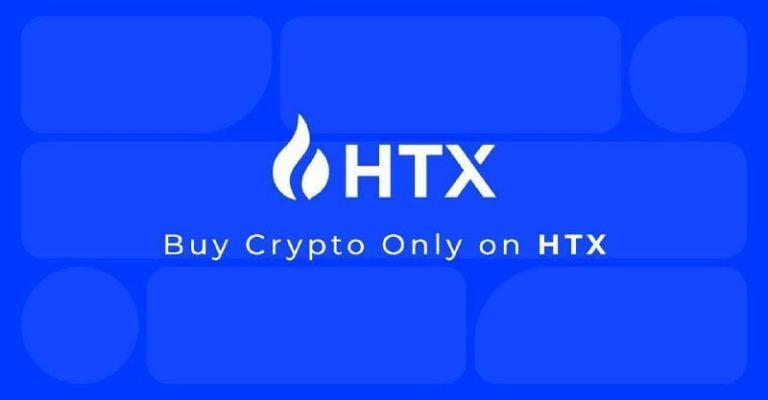

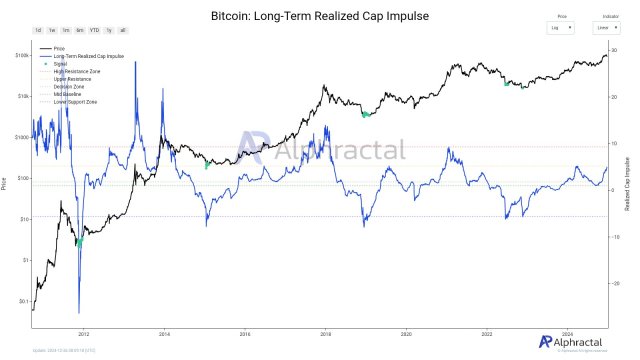




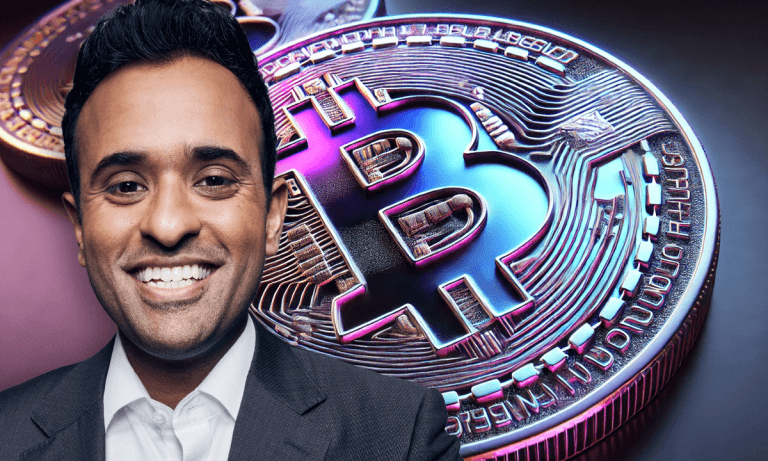
Comments